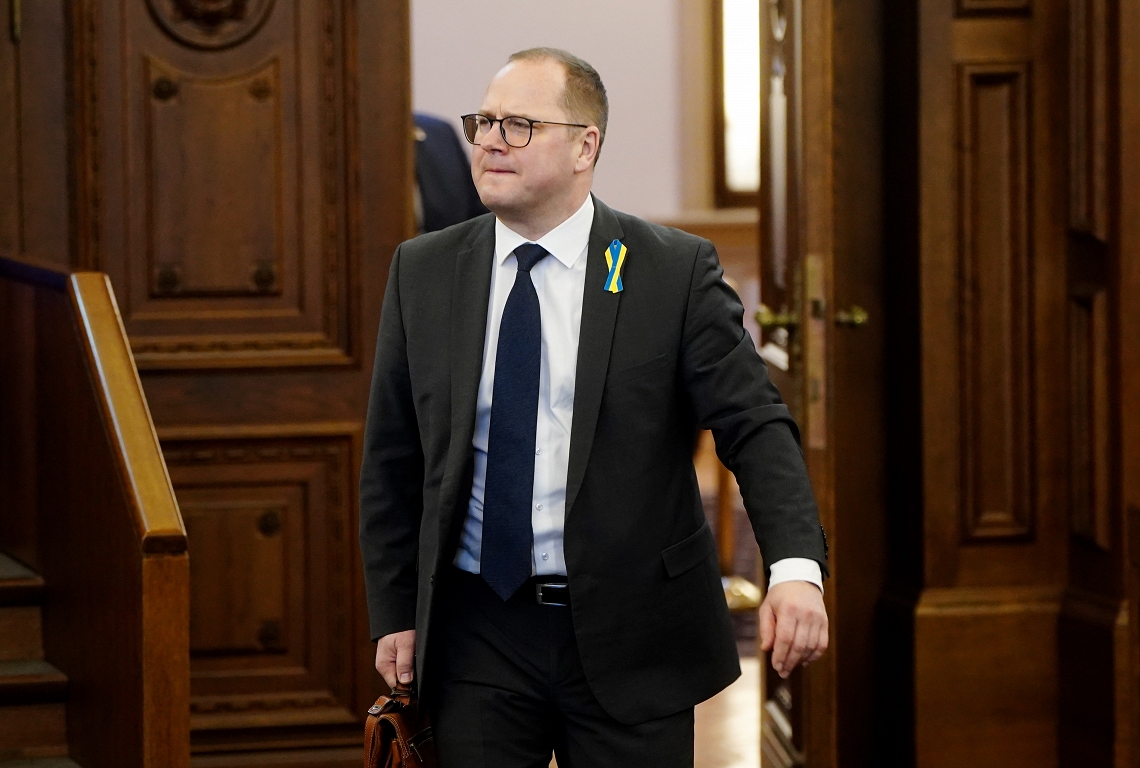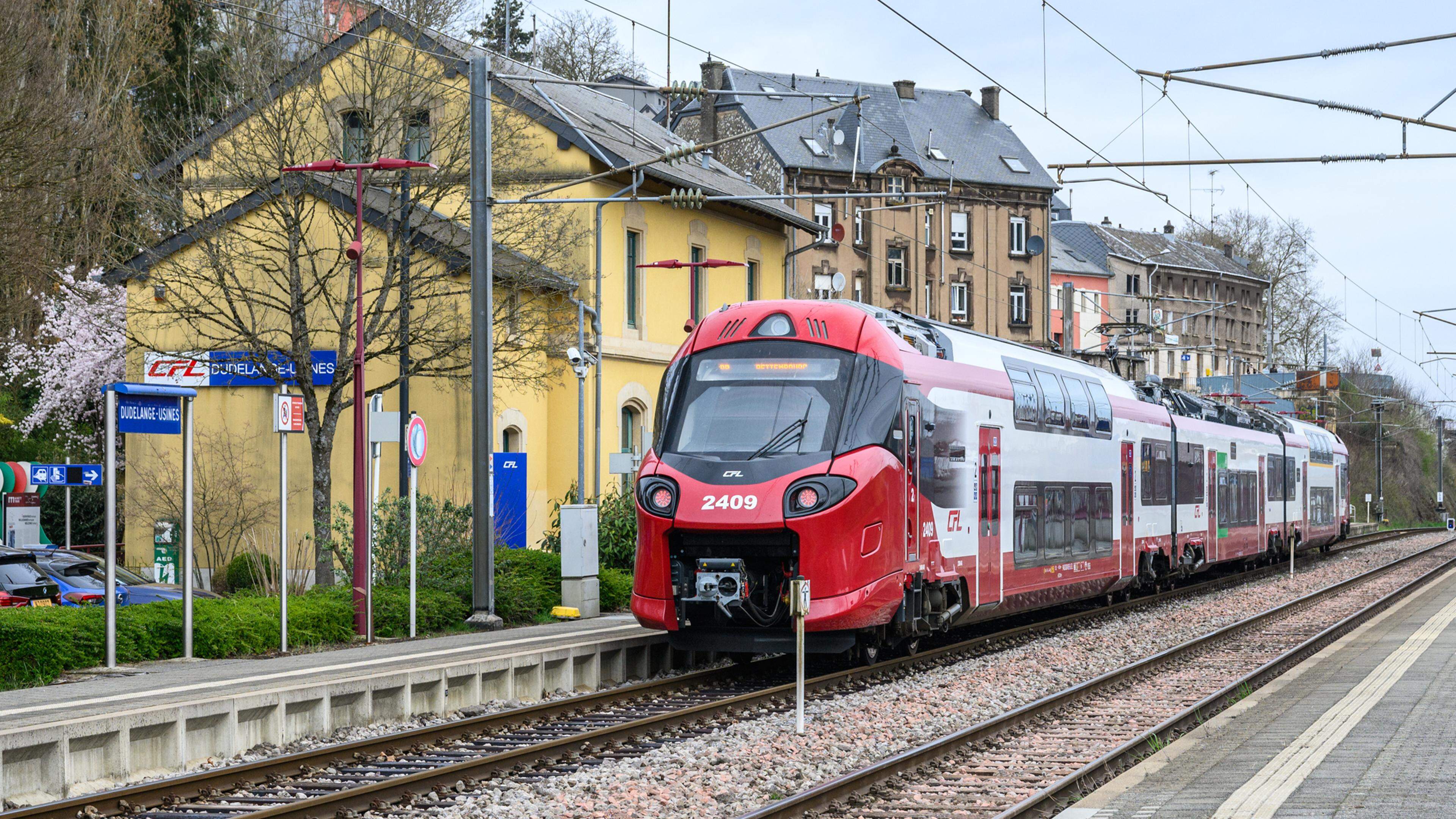Gas slows but still represents 10% of electricity production

The gas market in Portugal is reorienting itself, reducing its role in electric production and a greater dependence on sea imports, in a context of accelerated energy transition, ”ensures the sunrise of the carried bank, senior economist.
And it nods that it has marked a strong contraction in 2024, especially in the electricity production segment, which fell 56% compared to the previous year. « This fall was reflected in a total consumption of 40.5 TWH (Terawatt-Hora), the lowest since 2003, revealing a clear tendency to slow down the use of natural gas in the energy sector, driven by the growing penetration of renewable energy and an electricity importer balance. But Monteiro Rosa points out that despite the reduction in the electricity sector, conventional consumption (industry and other uses) recorded a slight growth of 2%, the first after four consecutive years of falling, which indicates, in his view, ‘some stabilization or recovery in demand outside energy production’.
Contrary opinion has XTB analyst, Henrique Tomé, noting that this market continues to have almost 10% of all electricity consumption and production in the country in the first three months of the year. “Since the price of natural gas remains low, it makes sense to use for electricity production. However, Portugal should always try to resort to the cheaper alternative energy if it requires this possibility for two reasons: for the issue of cost and the environmental issue, ”he says to our newspaper.
A weight that does not convince Paulo Monteiro Rosa, noting that we are facing the lowest production since 1979, totaling 5.1 TWH, but explains this trend: « The reduction was due to the greater availability of renewable energy and a record balance of electricity (10.5 TWH), which fueled 20% of consumption. »
Imports Weight
Gas supply was almost exclusively done through the SINE LNG Terminal, highlighting the dependence on suppliers such as Nigeria (53%) and the US (41%). ERSE data indicate that by the end of March, this terminal carried out 10 metaneirus vessel discharge operations, one of the same year’s same year and had three origins, Nigeria (five metaneirus ships) and the United States (four) as main suppliers.
It is recalled that Portugal is characterized by not having natural gas deposits, that is, there is no natural gas production in the national territory. Natural gas supply to the Portuguese market is made through long -term Take or Pay contracts.
This means that natural gas arrives in Portugal through pipelines or by sea and is stored in its own facilities that allow the supply to transport networks under safety conditions. Between the transport network and consumer facilities, there are distribution networks, which reduce pressure and flow natural gas flows to consumers.
According to the regulator, 10.9 TWH of LND were discharged, an increase of 6.4% compared to the first trimester of 2024, but explains that monthly gnl fluctuations discharged at the terminal reflect the gas demand, influenced by seasonal temperature patterns and climatic conditions.
A scenario that leads Banco Carregosa economist to mention that gas entry into interconnection with Spain ‘was practically residual, which demonstrates strong dependence on extracommunity suppliers and a high centralization of imports by sea, adding that’ this configuration makes the Sines terminal a strategic point for the safety and diversification of national energy supply ‘.
Russia loses importance
In relation to dependence on Russia in this matter, it has been decreasing. « Exposure to Russian gas has been decreasing significantly, fell to approximately 4.4% in 2024, » warns Henrique Tomé.
Still, it recalls that the conflict has generated pressure on global gas prices and volatility in energy markets, « affecting internal costs, especially for the eurozone countries with greater dependence, such as the German case. »
Also Paulo Monteiro Rosa, even recognizing that we are facing a risk about the Russian market and admitting that « the war has exposed vulnerabilities », emphasizes that Portugal currently has a low dependence on Russian gas. But it leaves a message: « The strong dependence on external imports remains a structural fragility, especially in contexts of global instability. »
In fact, the European Union has already ensured that it intends to ban all Russian natural gas imports by 2027.
A goal that, according to experts, is possible to fulfill. However, according to Banco Carregosa economist, it is necessary to carry out coordinated effort. « The European Union has strongly reduced its dependence on Russian gas and wants to end all contracts by 2027 and to fulfill this goal will be essential to diversify suppliers, reinforce infrastructure and exceed resistance from Russian -dependent countries. »
Henrique Tomé, even recognizing that Russian gas consumption has been decreasing considerably since the beginning of the war and the end of Nord Stream 2, says that this goal always depends on various factors, namely the acceleration capacity of energy transition, renewable energy and improvement of energy interconnections between member states.
What to expect from the next government
As for challenges in relation to the new government, Paulo Monteiro Rosa points to the continuity of the energy transition, with priority of renewable electricity production and reduced use of natural gas. «Goals are anticipated the 80% renewable electricity to 2025, integrate renewable gases (such as hydrogen and biomethane) in the network and reinforce interconnections with Spain and France. The goal is to make the system cleaner, stable and less dependent on imports, ”he says.
Also Henrique Tomé recalls that in the previous government was already discussed the action plan for Biomethane 2024–2040, whose main objective was the creation of an internal biomethane market, centered on the reconversion of existing biogas units and the construction of new infrastructure, with a view to integrating the public of natural gas. « It is estimated that, with the implementation of this plan, Portugal can replace between 9% and 10% of natural gas with Biomethane by 2030. This theme may be discussed again, since the plan aims to reduce natural gas imports, establishing ambitious goals (replacing up to 19%) and promoting an integrated approach that promises to make a decisive contribution to the national energy transition, » he says to our newspaper.






:format(jpeg):fill(f8f8f8,true)/s3/static.nrc.nl/bvhw/wp-content/blogs.dir/114/files/2019/01/vos-marjoleine-de-online-homepage.png)
